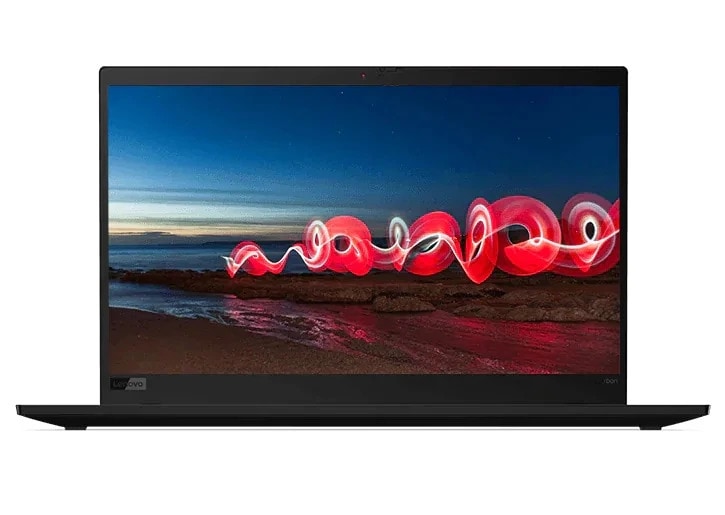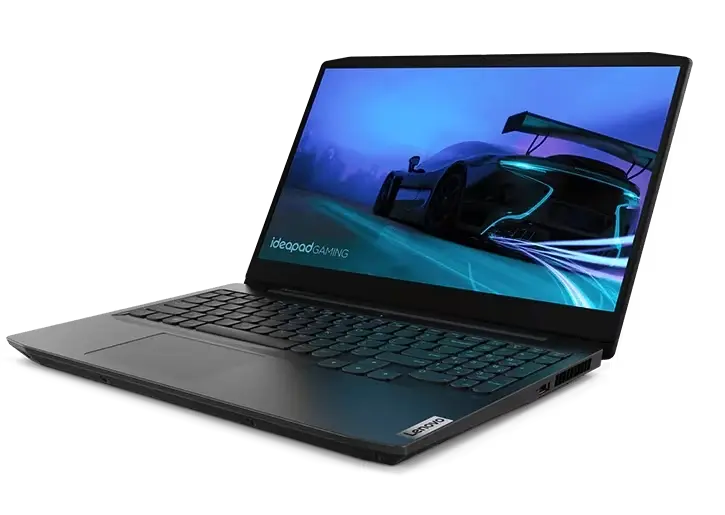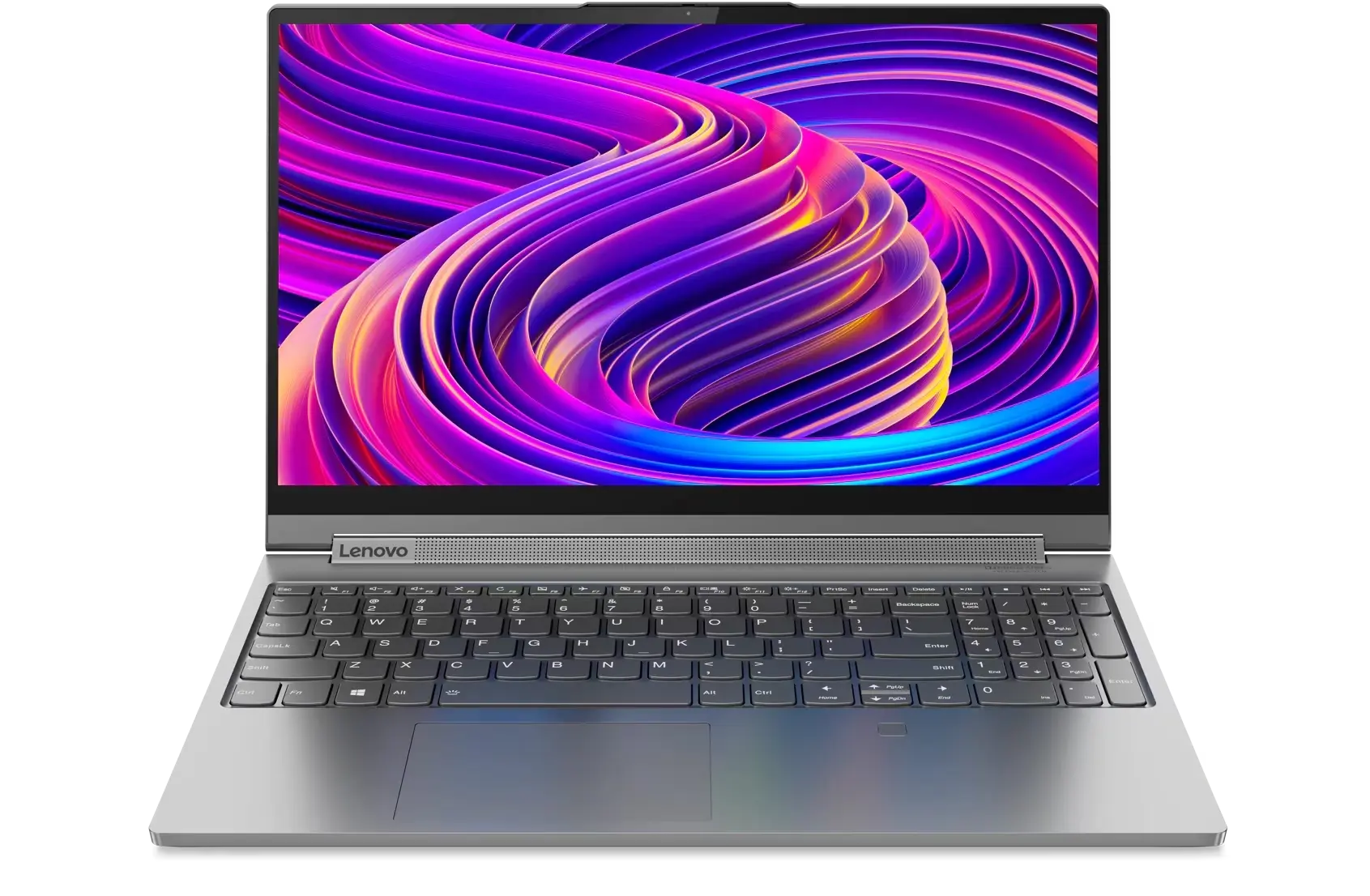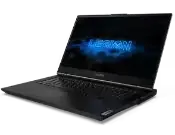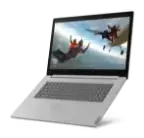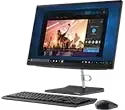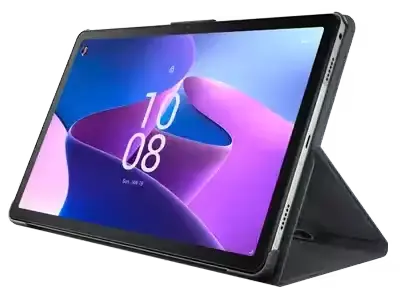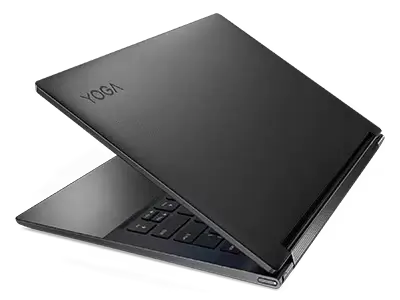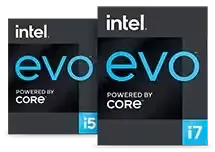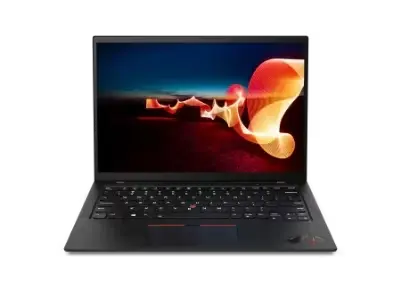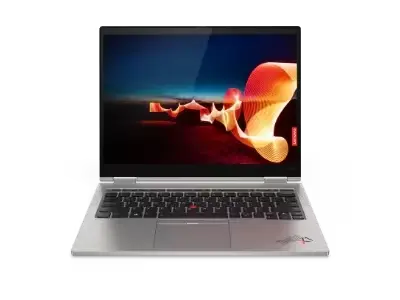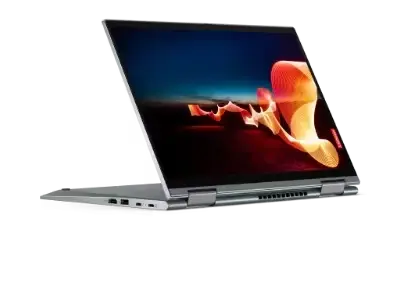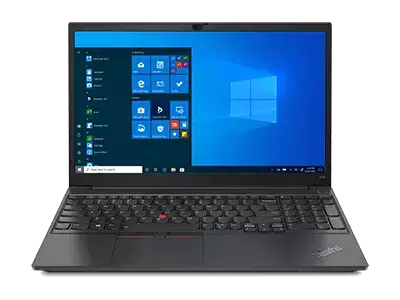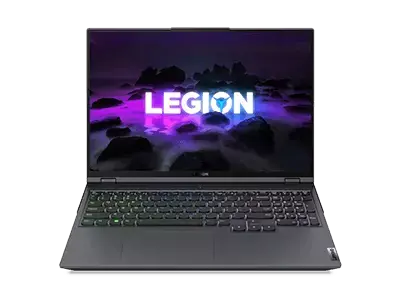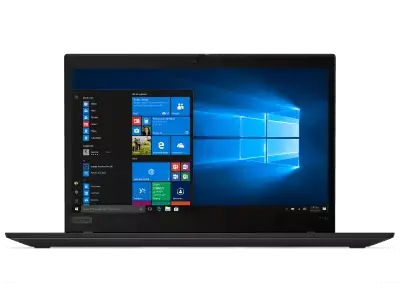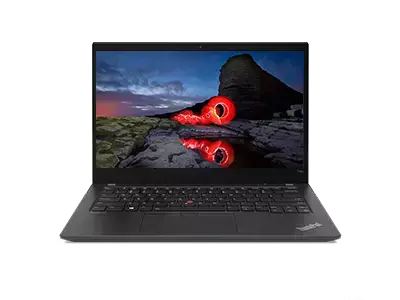-
Laptop DealsLimited Time Deals New Arrivals EDU Students Deals Home PC Deals Gaming Deals Best Desktop Choices
-
Other DealsThinkPad Deals ThinkBook Deals Gift Redemptions Trade In Credit Card Promotions Join Lenovo Pro Referral Program to get 10% off
-
Espot Path:
/espotdirctory/hk-pc-eshop-espot1
-
Espot Path:
/espotdirctory/hk-pc-eshop-espot2
-
Espot Path:
/espotdirctory/hk-pc-gaming-espot3/start-2023-01-22
-
Lenovo Pro Business Store
Lenovo Pro Business Store
|
-
Lenovo Education Store
Lenovo Education Store
|
-

 Referral Program
Referral ProgramLenovo Concept Experience Store
Address: G21 shop, Parklane Shopper’s Boulevard, Tsim Sha Tsui, Hong Kong
Opening Hours: 11am - 8pm daily incl. public holiday
Tel: +852 2783 9500
Whatsapp: 6995 9610Lenovo Official Brand Store (Causeway Bay)
Address: 1/F, 36 Jardine’s Bazaar, Causeway Bay, Hong Kong
Opening Hours:10am - 8pm daily incl. public holiday
Tel: +852 2592 9822
Whatsapp:9159 1107 -

 Contact Us
Contact Us -

 Account
Account -

 cart
cart -

 Wishlist
Wishlist
-
Lenovo Pro Business Store
Lenovo Pro Business Store
|
-
Lenovo Education Store
Lenovo Education Store
|
-

 Referral Program
Referral ProgramLenovo Concept Experience Store
Address: G21 shop, Parklane Shopper’s Boulevard, Tsim Sha Tsui, Hong Kong
Opening Hours: 11am - 8pm daily incl. public holiday
Tel: +852 2783 9500
Whatsapp: 6995 9610Lenovo Official Brand Store (Causeway Bay)
Address: 1/F, 36 Jardine’s Bazaar, Causeway Bay, Hong Kong
Opening Hours:10am - 8pm daily incl. public holiday
Tel: +852 2592 9822
Whatsapp:9159 1107 -

 Contact Us
Contact Us -

 Account
Account -

 cart
cart -

 Wishlist
Wishlist
-
Lenovo Education StoreLenovo Education Store
|
-
Lenovo Pro Business StoreLenovo Pro Business Store
|
-

 Referral Program
Referral ProgramLenovo Concept Experience Store
Address: G21 shop, Parklane Shopper’s Boulevard, Tsim Sha Tsui, Hong Kong
Opening Hours: 11am - 8pm daily incl. public holiday
Tel: +852 2783 9500
Whatsapp: 6995 9610Lenovo Official Brand Store (Causeway Bay)
Address: 1/F, 36 Jardine’s Bazaar, Causeway Bay, Hong Kong
Opening Hours:10am - 8pm daily incl. public holiday
Tel: +852 2592 9822
Whatsapp:9159 1107 -

 Account
Account -

 cart
cart -

 Wishlist
Wishlist -

 Contact Us
Contact Us
-
Lenovo Pro Business Store
Lenovo Pro Business Store
|
-
Lenovo Education Store
Lenovo Education Store
|
-

 Referral Program
Referral ProgramLenovo Concept Experience Store
Address: G21 shop, Parklane Shopper’s Boulevard, Tsim Sha Tsui, Hong Kong
Opening Hours: 11am - 8pm daily incl. public holiday
Tel: +852 2783 9500
Whatsapp: 6995 9610Lenovo Official Brand Store (Causeway Bay)
Address: 1/F, 36 Jardine’s Bazaar, Causeway Bay, Hong Kong
Opening Hours:10am - 8pm daily incl. public holiday
Tel: +852 2592 9822
Whatsapp:9159 1107 -

 Contact Us
Contact Us -

 Account
Account -

 cart
cart -

 Wishlist
Wishlist
-
Lenovo Pro Business Store
Lenovo Pro Business Store
|
-
Lenovo Education Store
Lenovo Education Store
|
-

 Referral Program
Referral ProgramLenovo Concept Experience Store
Address: G21 shop, Parklane Shopper’s Boulevard, Tsim Sha Tsui, Hong Kong
Opening Hours: 11am - 8pm daily incl. public holiday
Tel: +852 2783 9500
Whatsapp: 6995 9610Lenovo Official Brand Store (Causeway Bay)
Address: 1/F, 36 Jardine’s Bazaar, Causeway Bay, Hong Kong
Opening Hours:10am - 8pm daily incl. public holiday
Tel: +852 2592 9822
Whatsapp:9159 1107 -

 Contact Us
Contact Us -

 Account
Account -

 cart
cart -

 Wishlist
Wishlist
Lenovo Pro Business Offer 20% OFF | Join us to get up to $6,000 Welcome Discount + Free Gift!
Back to School | Join Lenovo Education to enjoy up to 40% Discount for students & teachers. SheerID is applicable.
PC Up to 30% off | Selected models are on sale in stock, and the fastest delivery is 3 days! Free shipping site-wide, no minimum spend.
Need Help? Call 2593 0388 or Chat with us now! Contact Us
Year End Savings with NEW YEAR Sale! PCs up to 35% OFF!Top 10 popular ThinkPad models on extra sales!Add a monitor to your gaming computer and get an instant $800 discount!$1 add-on for Microsoft 365/ PC accessories! Shop Now
Choosing the Best Laptop for Entrepreneurs
Entrepreneurs are the foundation of today’s economy. Some of the most successful people in the business world today are those who decided they were tired of working for someone else and struck out on their own. In fact, small business finance company Guidant Financial says more than a fourth of U.S entrepreneurs say their motivation for starting their own business was the idea of being their own boss.
Think about it. The computers we use in our daily lives, the online merchants from which we order the products we desire and even many of our favorite restaurants all had their genesis in businesses founded by entrepreneurs.
There’s no guarantee that starting your own business will lead to a life of riches, of course, but the possibilities are unlimited. Statistics compiled by research firm Wealth-X indicate that more than 60 percent of billionaires in the United States are self-made.
But as with any task, finding success as an entrepreneur is much easier when you have the right tools. One of those tools is the laptop computer you choose.
How to identify the best price/value combo
One of the traits that tends to be common among entrepreneurs is the ability to spot value. That’s a skill that would come in handy when choosing a laptop to serve as the foundation of a business.
And one of the lessons entrepreneurs learn early in their business venture is that the product that sells for the lowest price isn’t always one that offers the best value. That’s especially true for laptops.
Although prices change on nearly a daily basis, laptops range from $150 or so for an inexpensive Chromebook to $5,000 or more for a top-of-the-line gaming machine. The first questions to address when considering a laptop purchase, then, are “What will I use this laptop for?” and “How much am I willing to spend?”
Let’s assume that you’re looking for something that’s powerful enough to handle applications such as presentation software, document creation and spreadsheet management. You probably also want something that can handle videoconferencing and is rugged enough to take on the road. A $200 laptop isn’t likely to serve your needs, while a $5,000 machine may offer capabilities you’ll never use.
In addition, is there anything else for which you plan to use the laptop? Will you also use it as an entertainment appliance for watching movies or listening to music? If so, you’ll likely want a powerful processor and quality speakers. Will you be engaged in regular videoconferencing? You may want a built-in webcam and microphone. Will you be doing resource-intensive tasks such as video editing? Do you plan to pass your free time playing online games? If that’s you, you’ll want an even more powerful process as well high-end graphics capabilities.
Answering these questions will help narrow your laptop search.
What makes a laptop versatile?
We’ll address specifications such as processor power, graphics capabilities and memory below, but today’s laptops often include features that extend their functionality.
Some of the features that turn a laptop into a versatile business tool include 2-in-1 functionality; that is, the ability to serve as both a laptop and a tablet computer thanks to a 360-degree hinge where the keyboard meets the display. Such functionality is perfect for medical applications where you may be filling out a patient chart, taking notes in the field or as a tool for delivering presentations.
Along those lines is touchscreen capability that allows users to input information directly through the screen, greatly speeding up your work. In addition, many touchscreens offer the ability to sketch or take notes directly on the display, with some laptops capable of converting handwriting into text. The Windows 10 operating system includes a number of applications specifically designed for touch.
If you’re concerned about security, many newer laptops include fingerprint readers to prevent unauthorized access and specially designed screens that limit the angle from which they can be viewed, making them a perfect guard against prying eyes.
And for those who will be spending much of their time on the road, there are a number of powerful ultralight laptops on the market that weigh in at less than three pounds.
What are the minimum specs for most entrepreneurs?
Laptop specifications can be as incomprehensible as ancient Greek, and there are literally hundreds of laptops with varying specifications on the market. Determining the specifications you’ll need, then, depends in large part on the tasks for which you’ll be using the laptop.
Let’s look at some of the specifications to consider and what are the minimum specs you’re likely to need:
Operating system– When it comes to the computer’s operating system your choices are the Chrome OS, the Apple OS and Windows 10. The Chrome OS is gaining popularity for educational applications, but it’s limited to software specifically designed for Chromebooks. The Apple OS is popular for image and video editing, but when it comes to business computers Windows 10 is the standard. Windows is by far the most popular OS in the world, and nearly every productivity software suite is available in a Windows version.
Processor power– Lower-end processors such as the AMD E-Series, Intel Atom, Intel Pentium and Intel Celeron may be suitable for tasks such as Web browsing or document creation, but they’re not recommended for most business applications. Midrange CPUs such as the Intel® Core™ m3, m5 and m7 are commonly found in lightweight laptops, but may not offer the power you need for resource-intensive tasks. Intel® Core™ i3 and i5 processors are a great option for most business applications such as emailing, Web browsing or handling large spreadsheets. If you’re using your laptop for gaming or for tasks such as video editing, the Intel® Core™ i7 is a great fit, but if not it’s likely more power than you’ll need.
Memory (RAM): When it comes to memory, 4GB is the bare minimum you should consider. These days, 8 GB of memory is the standard. If you engage in the aforementioned gaming or video editing you may want to buy a laptop with 16 GB or more, but for normal business use 8 GB is sufficient.
HDD and SSD: Although hard disk (HDD) drives are common, solid state (SSD) drives are becoming increasingly popular thanks to their ruggedness. Because SSD drives don’t contain moving parts (unlike the spinning platter that’s the foundation of HDD drives), they’re less susceptible to damage from bumps or drops. In addition, the price of SSD drives continues to fall, making them competitive with laptops featuring an HDD drive. When it comes to capacity, unless you’re storing large video files 256 GB will likely serve your needs.
Graphics: Most midrange laptops include integrated graphics, with the graphics processor incorporated directly into the motherboard. That’s likely to be sufficient for most business applications, but if you’re going to use the laptop for video editing or gaming you’ll need a computer with a dedicated graphics card. AMD and NVIDIA graphics cards are the standards when it comes to those applications.
Battery life: If you spend a great deal of time in the airport or your office is the local coffee shop, you’ll want a battery that offers long life. These days, 16 hours or more of charge is common.
Lenovo laptops for entrepreneurs
When it comes to providing entrepreneurs with the tools they need for success, Lenovo stands at the ready. We offer two laptop lines specifically designed with entrepreneurs in mind.
These laptops offer the best value for the price along with exceptional versatility and flexibility. With no additional customization needed, these laptops come with all the power and features you'll ever need to succeed in business.
Thinkpad L Series- Lenovo’s ThinkPad L Series are available in both laptop and 2-in-1 models, with spill-resistant keyboards, security options, and superior Web-conferencing capabilities at cost-conscious pricing. Components range from 10th Generation Intel® Core™ i3 processors to the 10th Generation Intel® Core™ i7. These powerful machines are available with up to 512 GB PCIe SSD storage and as much as 16 GB of RAM. Most L Series laptops come preloaded with Windows 10 Pro 64.
Thinkpad E Series- Lenovo’s ThinkPad E Series are built for security and productivity, coming in a sleek, stylish package. Processor options include the 8th Generation Intel® Core™ i5 and the 10th Generation Intel® Core™ i7, while storage options range from a 500GB HDD drive to a 1 TB SSD drive, while memory ranges from 4 GB to 16 GB. In addition, certain ThinkPad E Series laptops include fingerprint readers and Dolby Audio™
In addition, all Lenovo ThinkPad are durability-tested against military-grade requirements and quality checks to ensure they run in extreme conditions and withstand spills and drops.
Let us accompany you on your journey to success!
In addition to offering the perfect laptop for entrepreneurs, Lenovo offers a host of financing options and support programs to help you succeed.
Lenovo Pro is your small business source for the latest business laptops, desktops, computer accessories, and other tech. With Lenovo Pro, you’ll get up to an additional 5% off Think products – our ultra-reliable business PCs – exclusive business financing, technical support, solutions, and many other benefits. Lenovo Pro is free to join.
As your business grows, we’ll be there with the tools you need for continued success.



The product/accessories photo is for reference only
Above machine specification information is for reference only and it refers to the highest configuration which the machine is compatible with, yet some specific configuration or related accessories may not available in Hong Kong due to reasons includes but not limited to hardware supply limitation, country (local market) regulation and so on. Please refer to the specific model description for configuration detail before you place order.
Actual battery life may vary depending on application usage, settings, features or tasks selected, network configuration, operating temperature and many other factors.
Limits: Lenovo reserves the right to limit the number of units to a particular product that a customer may buy at any one time.
Availability: Offers, prices, specifications and availability may change without notice. Lenovo is not responsible for photographic or typographic errors.
General System Information: Review key information provided by Microsoft that may apply to your system purchase, including details on Windows 10, Windows 8, Windows 7, and potential upgrades/downgrades. Lenovo makes no representation or warranty regarding third-party products or services.
Pricing: Does not include shipping and handling fees. Reseller prices may vary. Savings referenced off regular Lenovo web prices.
Warranty Service: The Service delivery will be determined by the destination country/region subject to Service capabilities and parts availability in the destination country/region.
Lenovo makes no representation or warranty regarding third party products or services. The Lenovo Limited Warranty applies only to Lenovo hardware products purchased for your own use, and does not transfer upon resale.
Trademarks: Lenovo, ThinkPad, ThinkCentre and the Lenovo logo are trademarks of Lenovo. Microsoft, Windows, Windows NT, and the Windows logo are trademarks of Microsoft Corporation. Ultrabook, Celeron, Celeron Inside, Core Inside, Intel, Intel Logo, Intel Atom, Intel Atom Inside, Intel Core, Intel Inside, Intel Inside Logo, Intel vPro, Itanium, Itanium Inside, Pentium, Pentium Inside, vPro Inside, Xeon, Xeon Phi, Xeon Inside and Intel Optane are trademarks of Intel Corporation or its subsidiaries in the U.S. and/or other countries. Other company, product or service names may be trademarks or service marks of others.
An estimated ship date will be posted on our order status site after your order is placed. The date reflected above does not determine when your order will ship since inventory status may change before your order is final and because items may be held until all products on the order are ready to ship. To obtain the latest information about the availability of a specific part number, please call the phone number listed in the masthead at the top of this page. A flat charge for shipping & handling may apply for certain orders, as indicated on the Checkout page.






